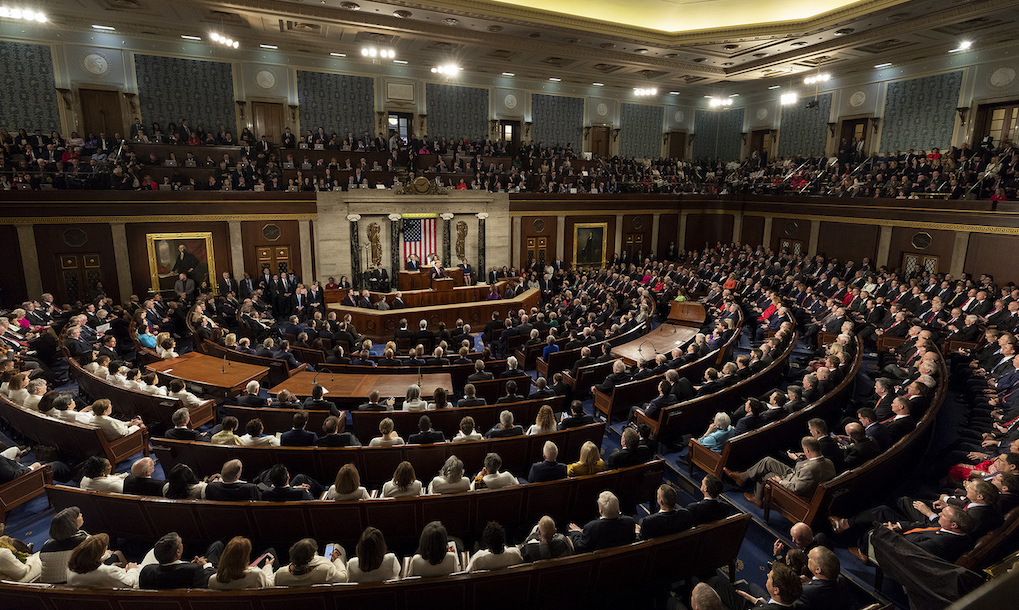In 21 Lessons for the 21st Century, the historian Yuval Noah Harari describes the ideological history of the past 80 years. In 1938 we had three stories, three grand metanarratives, to choose from: liberalism, communism, and fascism. In 1968 we had two stories to choose from: liberalism and communism. In 1998 we had one story to choose from: liberalism. In 2018, Harari argues that we have no stories to choose from: the Trump moment is a nihilistic one that possesses no grand metanarrative, no plan to aid humanity, but simply one that helps the United States and more specifically one that assists Trump’s political base. Meanwhile liberalism, the ideological winner for most of the 20th century, is, in Harari’s view, now collapsing because its historically successful solutions are producing two of our era’s biggest challenges: climate change and the replacement of the workforce by robots. How then can liberalism, at least in the United States, return?
Harari’s assessment is in fact inaccurate. Today, we do not have just one story to choose from but once again, as in 1938, three. The “Trump Moment” is transitional. The U.S. constitution was designed to prevent the takeover of the country by a tyrant. The U.S. midterm elections — in which the Democrats gained at least 40 congressional seats — demonstrated that the current president’s appeal is limited. In fact, Donald Trump, centrists like Beto O’Rourke, and Bernie Sanders, represent the three political positions that will be available to U.S. voters in the 2020 presidential election. Various degrees of fascism, liberalism, and socialism are back precisely because we are again confronted with problems that traditional liberalism cannot solve.
Liberalism’s ability to return depends on its capacity to confront economic inequality and environmental rupture. In the 1930s, many liberals assumed that economic growth and redistributive mechanisms — depending on the ideological story one’s society was working with — would solve the problem of inequality. Today economic growth is doing the opposite: it is producing the automation and biotechnology that are un-employing workers and inciting climate change.
The success of an ideology and its proponents in our time depends on its ability to put forward an economic model that will not only produce jobs but also lead to less inequality while protecting our natural environment. In the past liberalism prevailed because at each crisis it adopted key socialist ideas, for example, a 40-hour work week, a commitment to full employment, and the alleviation of poverty. Today, democratic socialists like Alexandria Ocasio-Cortez are the heralds of a new vision of justice, as with their proposal for a Green New Deal. Liberalism’s return to the throne, sooner or later, will depend on how quickly it again looks to the left.
Thomas Ponniah, PhD, is an Affiliate of the David Rockefeller Center for Latin American Studies, and the co-editor of Another World is Possible: Popular Alternatives to Globalization at the World Social Forum (Zed Books 2003), and the co-editor of The Revolution in Venezuela: Social and Political Change Under Chávez (Harvard University Press 2011).
Photo: The White House/Flickr
Help make rabble sustainable. Please consider supporting our work with a monthly donation. Support rabble.ca today for as little as $1 per month!





